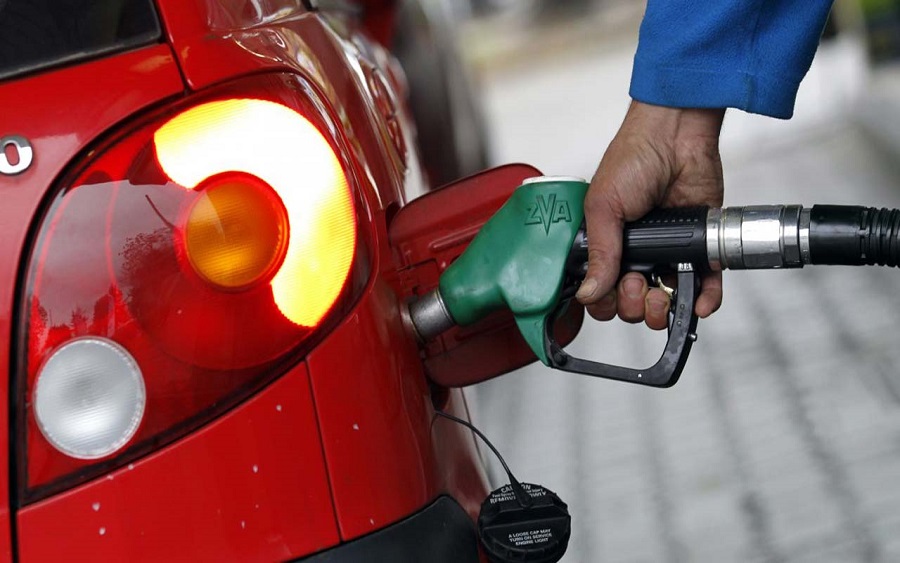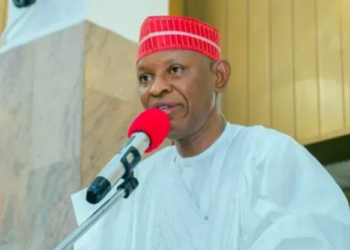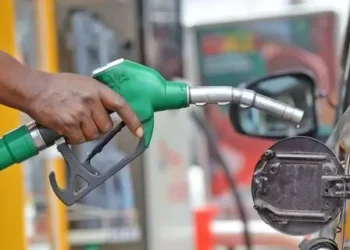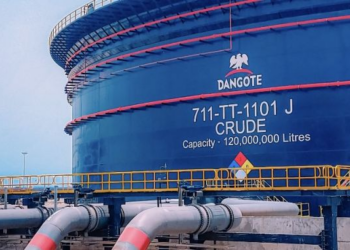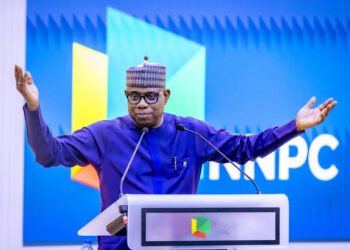Recently, the Nigerian National Petroleum Corporation (NNPC) in a press release said there was no plan to increase the ex-depot price of Premium Motor Spirit (PMS) in March 2021.
Since the increase in the global price of crude oil, there have been expectations that the retail pump price of petrol would rise following an increase in the landing cost of petrol and claims of full deregulation of the sector by the government.
In September 2020, the Minister of State for Petroleum Resources, Timipre Sylva, announced that the government will take a backseat in the regulation of the price of petrol, noting that market forces and crude oil price would continue to determine the cost of the product.
READ: Should Nigerians expect a possible increase in the price of petrol?
So far, in 2021, crude oil prices have continued to rise, implying an increase in the landing cost of PMS. Currently, the landing cost of PMS is estimated at c.N190/Litre compared to the current market price at N165-N170, implying subsidy is back.
However, the Managing Director of the NNPC, Mele Kyari, insists there is no allocation for fuel subsidies in the 2021 budget. In a Reuters report, the chairman of the Major Oil Marketers Association, Tunji Oyebanji was reported to have said the NNPC was losing at least N30 ($0.08) per litre on gasoline as of early February, based on the international fuel price and the publicly available dollar exchange rate. This comes to c.N1.2bn (US$3.15m) per day assuming daily consumption of c.40 million litres
There have been attempts in the past to remove the fuel subsidy but these have not been without resistance from the populace. On May 11, 2016, petrol pump prices were hiked by around 68% from N87/litre to N145/litre and many assumed this signalled a full deregulation. This wasn’t the case however as the subsidy regime was still in place.
READ: NNPC cautions depot owners against illegal increment in petrol price
The exchange rate factored into the landing cost of fuel was between N280 and N285/US$1. A steep devaluation in the currency and an increase in crude prices in the international market implied an increase in the landing cost which necessitated the continuation of the subsidy regime, which was now booked as under-recovery losses in the books of NNPC.
In 2020, a steep decline in global crude prices triggered by the global pandemic completely wiped out the subsidy via significantly lower landing costs, paving the way for a reduction in the pump price of Petrol in mid-March and paved the way for talks of deregulation.
The PPPRA announced a reduction in ex-depot price to N113/litre and official pump price to N125/litre. Between June and November 2020, the price of petrol was revised four times, rising from N121.50–N123.50 per litre in June to N140.80-N143.80 in July, N148-N150 in August, N158-N162 in September and N165-N170 in November.
READ: DAPPMAN commends FG’s commitment to downstream sector, urges full deregulation
We note that deregulation of the oil sector remains a politically sensitive discourse. Deregulating the downstream sector which would many times involve raising the pump price of petrol is always a challenge in a country where the subsidy on petrol prices is seen as the only source of social security and in many cases is resisted by the populace.
We have always expressed concerns that the current timing may be inopportune and the government be forced to return to the subsidy regime given the effects of the pandemic and recent hike in electricity tariffs on the already squeezed Nigerian consumer.
CSL Stockbrokers Limited, Lagos (CSLS) is a wholly owned subsidiary of FCMB Group Plc and is regulated by the Securities and Exchange Commission, Nigeria. CSLS is a member of the Nigerian Stock Exchange.

